South Korea's short-lived martial law highlights democracy's strength
Kamran Khan analyzes Seoul's 5-hour martial law collapse as citizens and lawmakers unite for democracy
News Desk
The News Desk provides timely and factual coverage of national and international events, with an emphasis on accuracy and clarity.
The global decline of martial law regimes was highlighted recently in South Korea, where a military takeover attempt by President Yoon Suk Yeol's administration was thwarted in just five and a half hours.
Thousands of citizens flooded the streets after Yoon announced martial law, citing "anti-state activities" and alleged North Korean sympathies within the Opposition. Protesters, acting as the "frontline force of democracy", confronted armored vehicles, forced troops out of Parliament, and demanded the restoration of democratic rule.
In a dramatic late-night session, 190 lawmakers in the 300-member Parliament rejected the martial law decree. Footage showed even soldiers stationed in Parliament silently withdrawing after the vote.
This marked the shortest martial law in history. The failed coup follows South Korea's democratic stability since 1987, when it transitioned from decades of military rule.
International observers, including The Economist, note that democracy remains the world’s most enduring political system. South Korea joins other nations in proving that even weak democracies are preferred over authoritarian rule.
The South Korean opposition has since demanded Yoon's resignation and initiated impeachment proceedings, accusing him of treason.
Globally, military interventions in countries like Turkey, Sudan, and Venezuela have faced similar resistance. South Korea’s example underscores a rising global trend: the rejection of military rule in favor of democratic governance.
As Abraham Lincoln famously said, "Democracy is the government of the people, by the people, for the people."



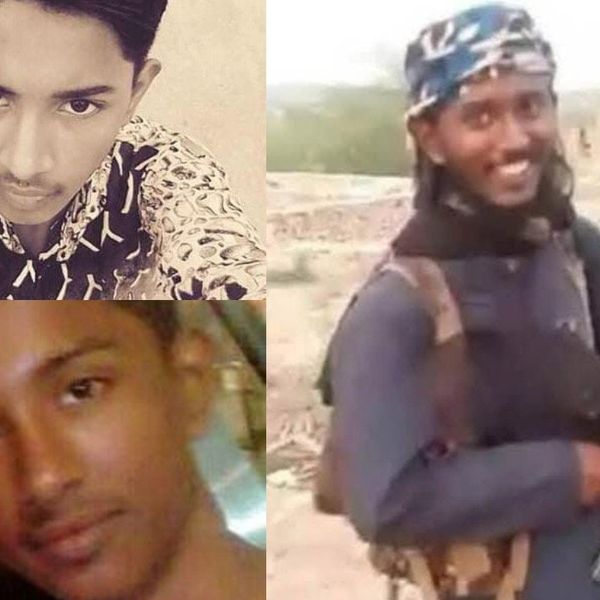
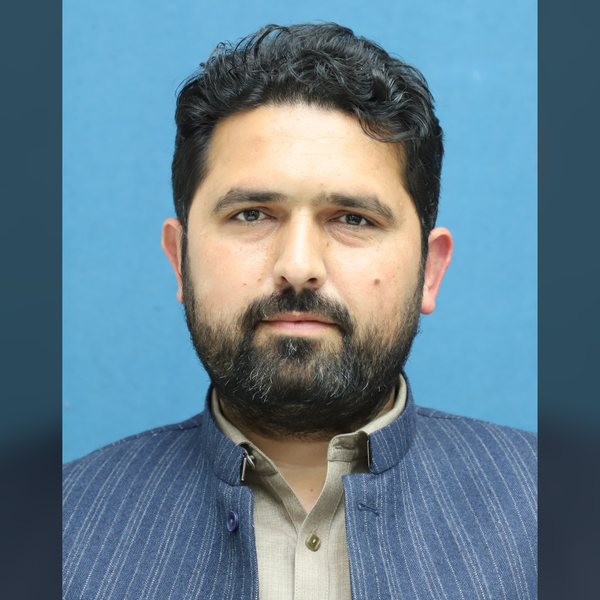
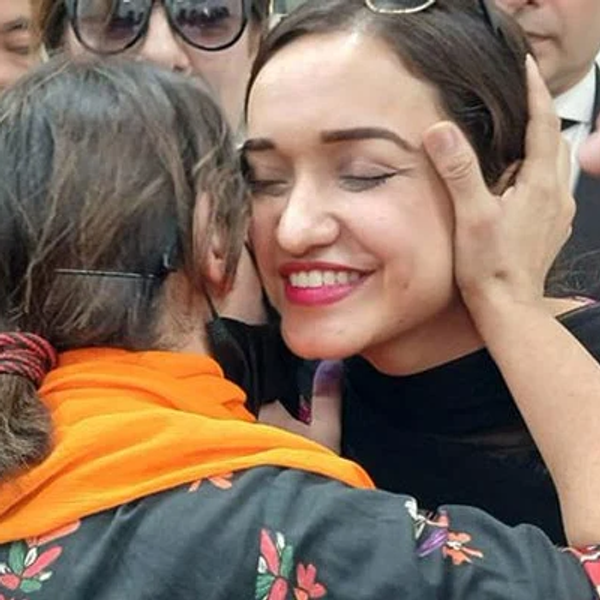
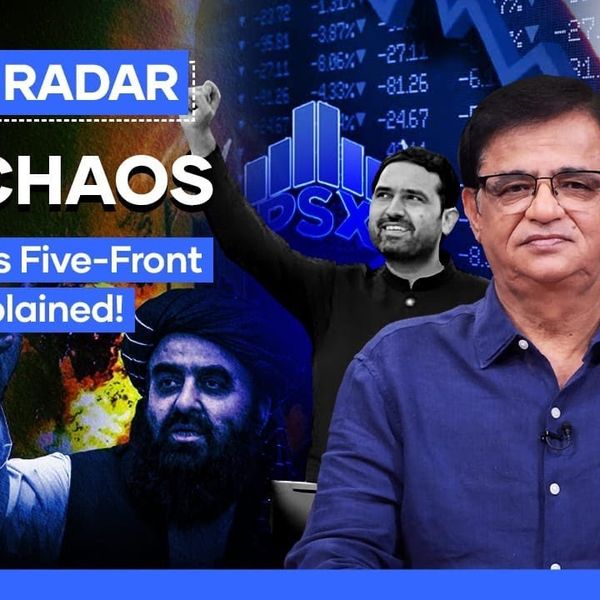
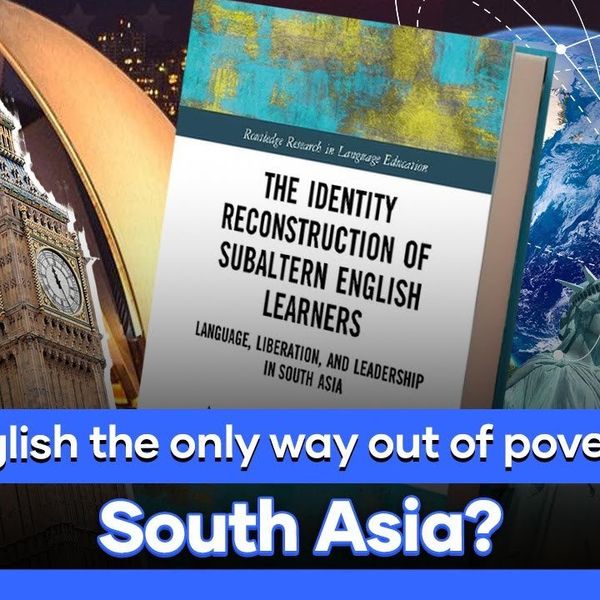
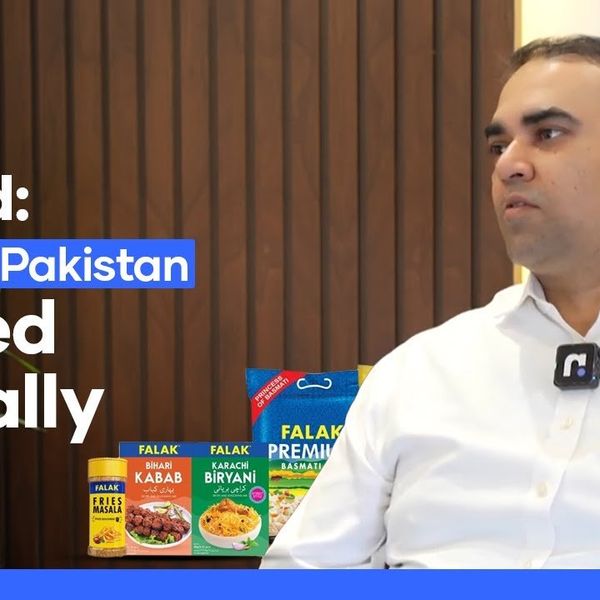

Comments
See what people are discussing